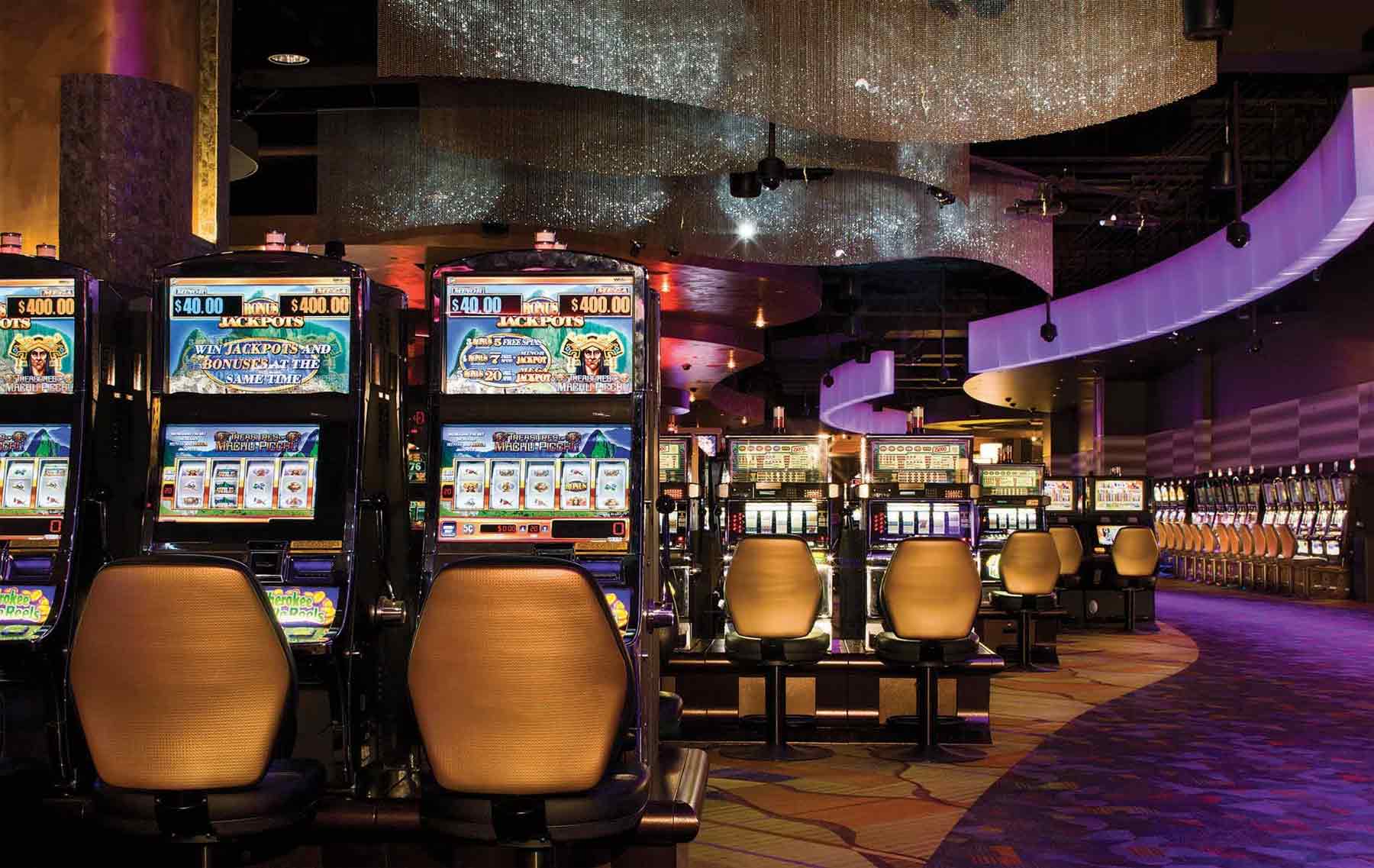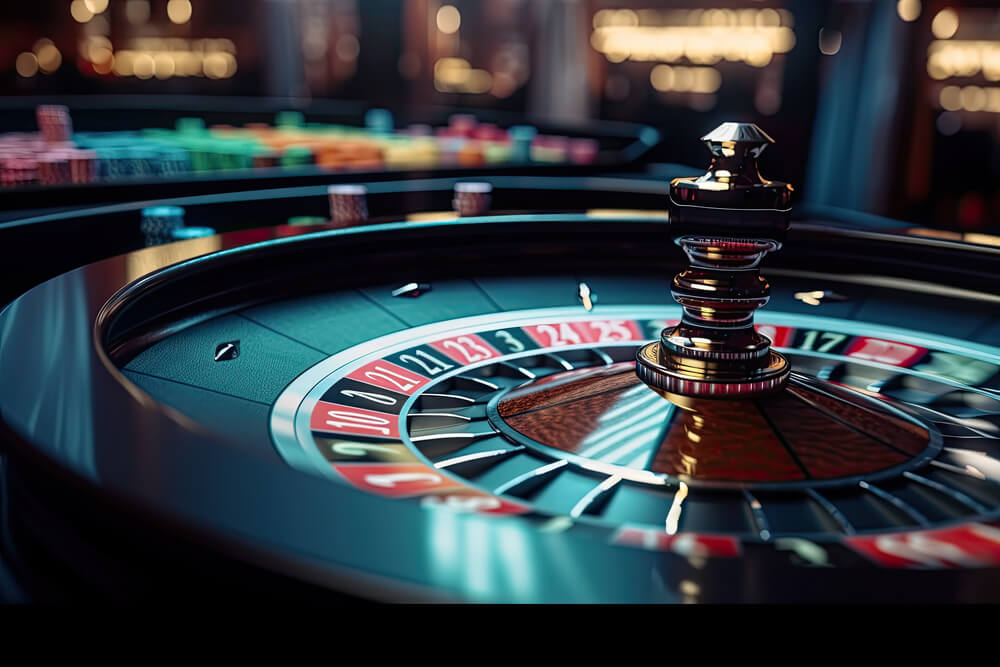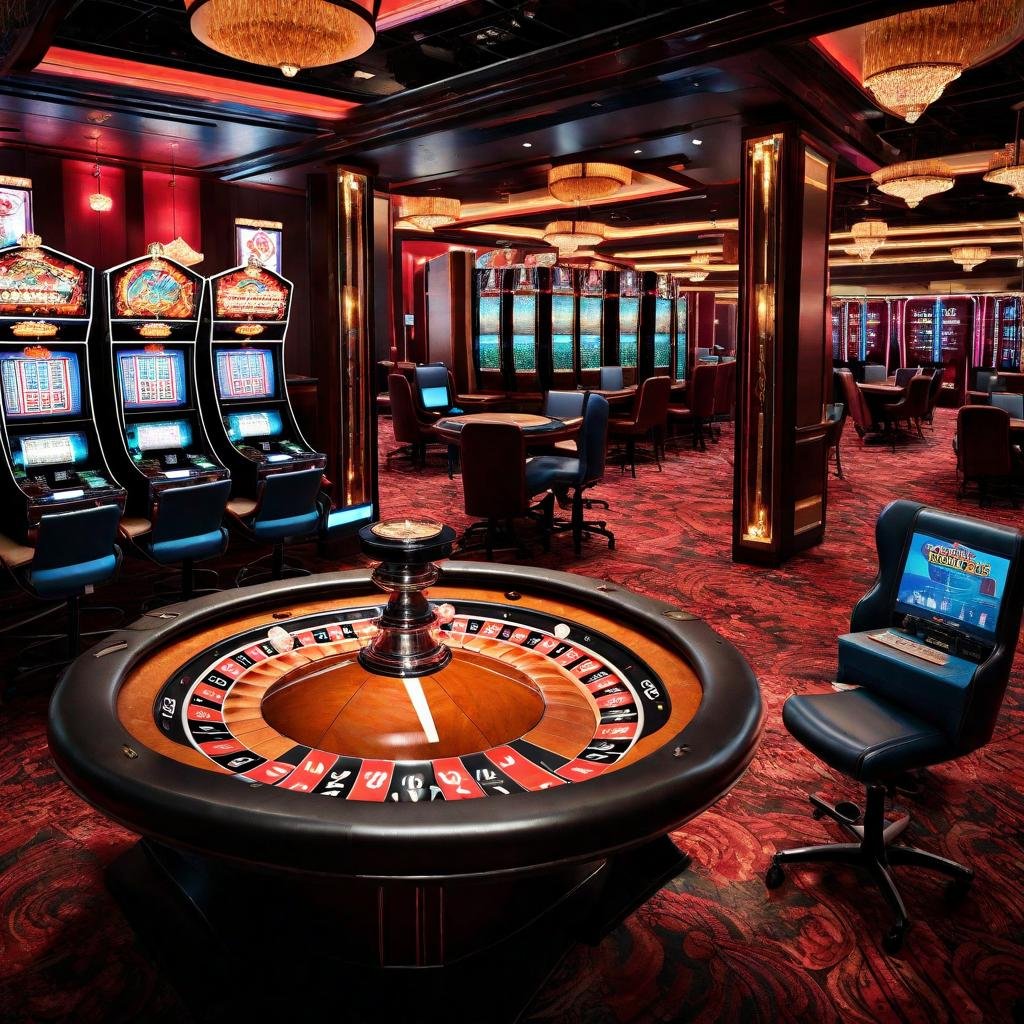
Casino games have long enthralled gamblers from all parts of society, drawing them into vibrant casinos filled with the noises of spinning wheels, clattering chips, and cheering crowds. The thrill of chance and the allure of potential winnings create an exhilarating atmosphere that keeps players returning for more. Whether it is the thrill of a slot machine, the strategic play of poker, or the anticipation of a roulette wheel, casino games offer a distinct combination of entertainment and risk that can be hard to ignore.
At the heart of this fascination lies a mental pull that varies from person to person. đăng ký XOSO66 For some, the excitement of hitting a jackpot can elevate their mood, while for many, it’s a social experience that brings friends together. The colorful visuals, engaging sounds, and sometimes lavish environments of casinos greatly improve the appeal, making each visit an experience waiting to unfold. As we explore why gamblers are drawn to these games, we uncover the underlying motivations and emotions that fuel their passion for the betting tables.
The Psychology of Gambling
The attraction of casino games often arises from the intricate psychology of gambling as a whole. Many individuals are attracted to the excitement of risking money for the possibility of winning more, as it taps into a innate human desire for thrill and gain. This rush can create a powerful emotional experience. The combination of risk and potential monetary gain can stimulate a dopamine release, making players feel energized.
Furthermore, the design of casino games is engineered to maintain players interested. The use of bright lights, enthralling sounds, and the social atmosphere of casinos can heighten the excitement. Players often find themselves submerged in these settings, where the anticipation of a win draws them back repeatedly. This sensory stimulation encourages prolonged play, as the rapid feedback from wins, however small, reinforces the desire to keep playing.
Finally, cognitive biases play a major role in gambling behavior. Many players fall prey to the illusion of control, believing they can influence outcomes even in games of luck. This belief can lead to overoptimism and the continuation of play, despite mounting losses. Additionally, gamblers frequently recall their wins better than their losses, which can distort their understanding and intensify the desire to keep playing. This multifaceted interplay between emotions and cognitive factors helps illustrate why so many are drawn to casino games.
The Appeal of Casino Atmospheres
The atmosphere of a casino is distinctively enchanting, luring in players with its blend of anticipation and eagerness. The sights and noises of spinning slot machines, enthusiastic gamblers, and the rhythmic clatter of tokens create an engaging experience that is difficult to resist. The bright lights and energetic layout foster a feeling of vitality that keeps visitors invested and encourages them to linger longer. This contagious atmosphere contributes to the overall appeal of gaming games, enticing both new and experienced players alike.
In addition, gambling venues are crafted to arouse the senses in a manner that makes gamblers feel as though they are setting out on a thrilling adventure. The purposeful positioning of entertainment choices, comfortable seating, and free drinks enhance the overall attraction, making gamblers feel appreciated and pampered. Many gambling spaces also incorporate decorative designs and elaborate designs that transport visitors to various realms, amplifying the thrill. Such atmospheres foster a notion of escapism, allowing gamblers to disregard their everyday lives and dive into the exciting realm of risk.
Finally, the existence of other players amplifies the communal dimension of betting, creating a collective thrill. Interactions among players, be it through light-hearted conversation or collective happiness during a significant success, cultivate a sense of community that many find attractive. This social engagement enhances the journey of participating in gambling games, transforming it from a single activity into a collective journey. The combination of thrill, engaging atmospheres, and interpersonal connections makes casinos an unmissable destination for bettors looking for recreation and a chance to win.
Understanding Game Mechanics
Gambling games are designed with distinct mechanics that draw in players. All games has its unique set of rules, wagering schemes, and probability ratios, allowing players to engage with the game on multiple levels. The thrill of placing a bet and the anticipation of the outcome creates an exciting atmosphere. XOSO66 Understanding these mechanics can enhance a player’s appreciation for the game and enhance their overall experience.
A further crucial aspect of game mechanics is the idea of randomness. Many casino games, especially video slots and table games, rely on random number generators or shuffling to determine outcomes. This randomness is what keeps players revisiting; the unpredictable nature of the game creates a sense of possibility and excitement. Knowing that each play or hand is independent of the last enhances to the appeal, as players believe they have a chance at winning, regardless of past outcomes.
In conclusion, the emotional response tied to game mechanics should not be overlooked. The excitement of a big win or the tension during decisive moments are integral to the enjoyment of casino games. These emotional highs and lows utilize psychological triggers that keep players engaged for prolonged periods. Understanding these emotional responses to game mechanics can help explain why players are attracted to the thrill of casino games, persistently seeking that upcoming exhilarating moment.







